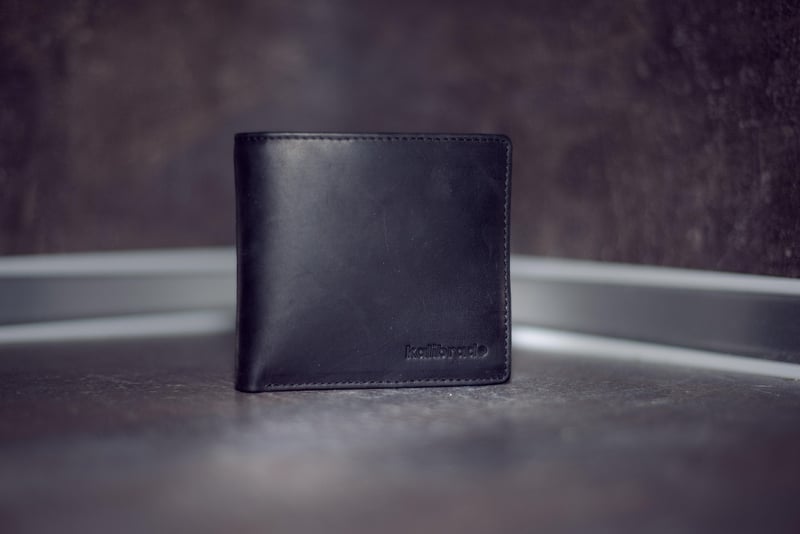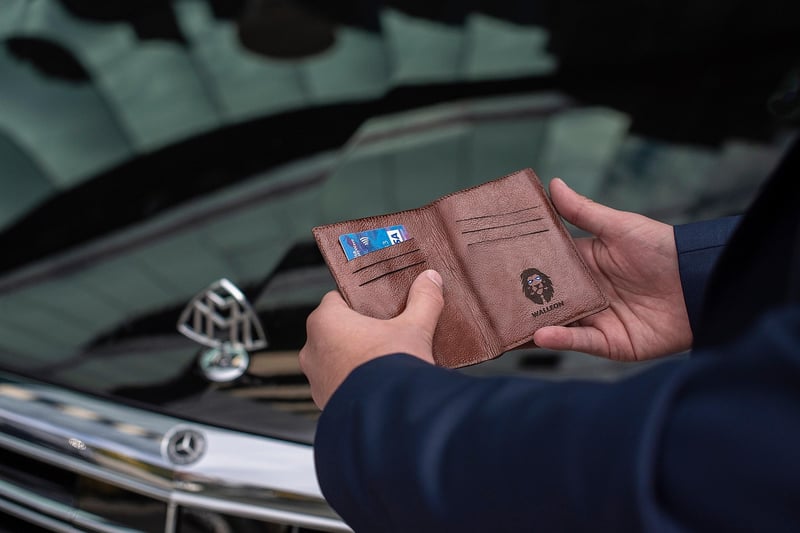Wallet Types
The Fundamentals of Cryptocurrency Wallets
Welcome to the world of cryptocurrency! If you're new to this space and looking to understand the basics of cryptocurrency wallets, you've come to the right place. In this article, we'll cover everything you need to know about cryptocurrency wallets, including the different types available.
What is a Cryptocurrency Wallet?
A cryptocurrency wallet is a digital tool that allows you to securely store, send, and receive cryptocurrencies such as Bitcoin, Ethereum, and many others. It consists of a public address (similar to an account number) for receiving funds and a private key (like a password) for accessing and managing your holdings.
Types of Cryptocurrency Wallets
There are several types of cryptocurrency wallets, each offering different levels of security and convenience. Here are the most common ones:
1. Hardware Wallets
Hardware wallets are physical devices that store your private keys offline, making them highly secure against online threats. They are ideal for long-term storage of large cryptocurrency holdings.

2. Software Wallets
Software wallets are applications or programs that run on your computer or mobile device. They are convenient for everyday use and provide easy access to your funds. Examples include desktop wallets, mobile wallets, and online wallets.

3. Paper Wallets
Paper wallets involve printing your public and private keys on a piece of paper, making them completely offline and secure from cyber threats. They are a cost-effective way to store cryptocurrencies offline.

4. Mobile Wallets
Mobile wallets are specifically designed for use on smartphones and tablets, providing easy access to your funds on the go. They are convenient for making quick transactions and managing your cryptocurrency on mobile devices.

Choosing the Right Wallet
When selecting a cryptocurrency wallet, consider factors such as security, convenience, and your usage preferences. It's recommended to use a combination of wallets based on your needs, such as a hardware wallet for long-term storage and a mobile wallet for daily transactions.
Now that you understand the fundamentals of cryptocurrency wallets and the various types available, you're ready to start your journey into the exciting world of digital assets!
